20/09/2019
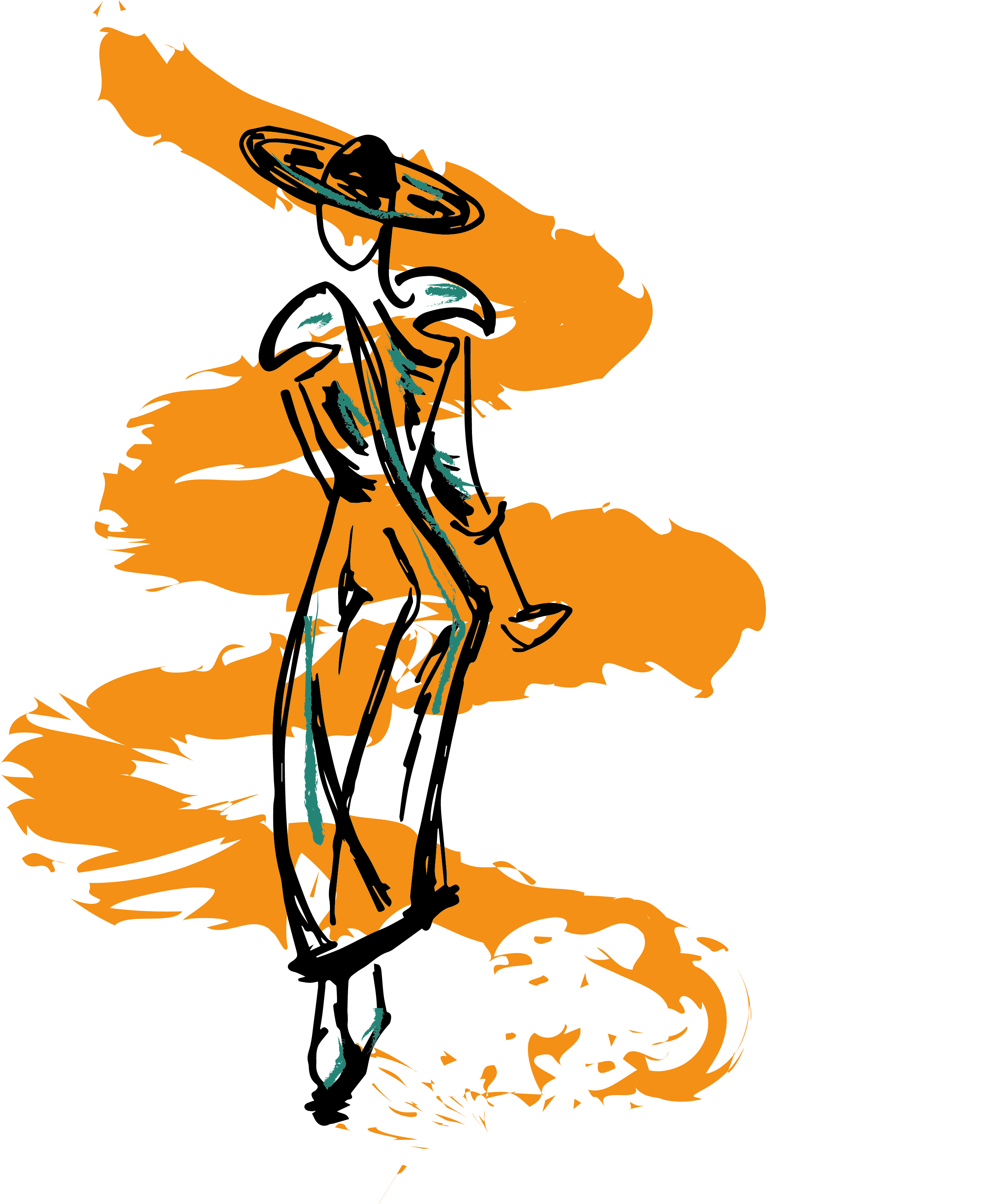
Recent commentary by experts in the fashion industry tells us that 70% of fast-fashion is being dumped in landfill after a handful of wears. In the UK, we are noticing that brands are increasingly becoming more conscious about sustainability.
We were interested to attend exhibitions during London Fashion Week, showcasing new designers with innovative products, including jewellery made from electronic waste and swimwear made from ocean plastics. This got us thinking about what the major manufacturers and retailers are doing. Some have well-publicised upcycling and recycling initiatives. Zara and Marks and Spencer, to name a couple, are offering various repurposing services where customers can bring in their unwanted clothes and textiles for sorting and donating to non-profit organisations or recycling. Some are transforming old clothes into new fabrics. These initiatives include incentives for customers – whether it is simply a feel-good factor or discounts off next purchases. We are also seeing a significant increase in the promotion of ranges of clothing made from fabrics which are less damaging to the environment. H&M, in particular, is well known for this, with their H&M Conscious range. Their collection includes garments containing at least 50% recycled or organic materials. They are easily identified in store by the use of green hang tags.
So have these companies secured registered protection for the names of the initiatives or the way certain ranges are presented to the public?
It is always a tension between choosing a mark which is giving a clear message to the consumer and the trade mark registration system, which will not grant monopolies to descriptive words or slogans. The same test applies to logo marks, and the new type of positional mark. Adding green point of sale labels or even green accessories to the clothing (in the form of zipper pulls, sewn-in tags) could be hard to protect as registered trade marks if the message is clear and obvious.
But that is not to say that companies are not using the trade mark registration system.
Marks and Spencer & Oxfam have a pre-loved clothes collection collaboration called SHWOPPING or SHWOP DROP. These are registered trade marks in the UK. Interestingly, they have widened a usual scope of protection. Classes 25 (for apparel and footwear) and Class 35 (for retail services) are supplemented by Class 39 (for providing recycling points) and Class 40 (for recycling treatments).
There is also a different type of mark which may be registered. It’s called a certification mark and, instead of indicating goods or services from one company, the proprietor publishes criteria which, if met, mean the mark can be used by all those in compliance. Such applications to register certification marks tend to be made by bodies, including charities and non-profit organisations, who oversee regulatory standards
An example is the Plastic Free logo mark 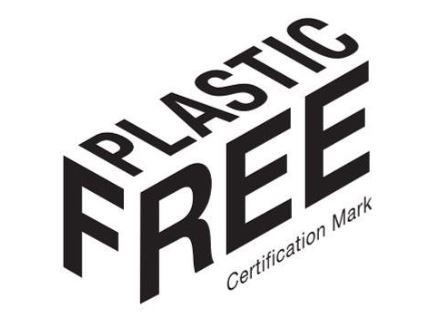 created by A Plastic Planet. Consumers can see this on products or in venues providing services which are free from plastic. This mark has been filed in the UK as a certification mark.
created by A Plastic Planet. Consumers can see this on products or in venues providing services which are free from plastic. This mark has been filed in the UK as a certification mark.
The EUIPO introduced the ability to register certification marks at the EU level only as recently as October 2017. There are applications for clothing and textile products by bodies including –
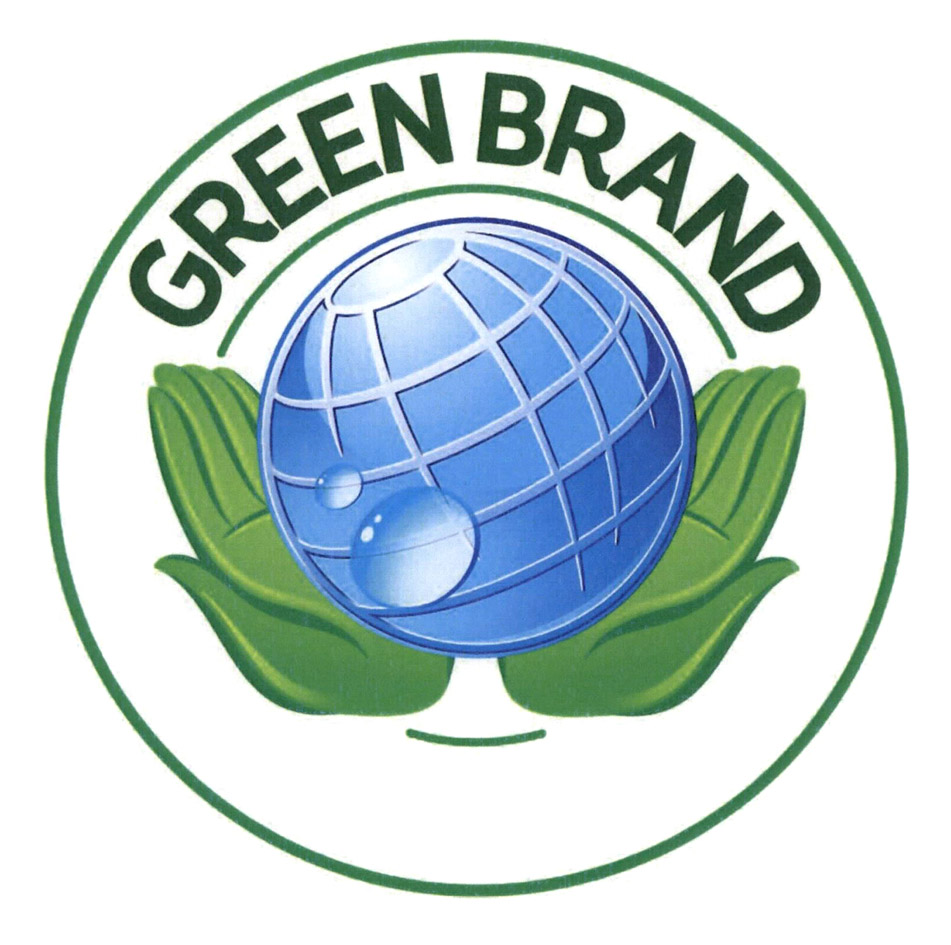 Green Brands, with an interest in environmental and ecological sustainability;
Green Brands, with an interest in environmental and ecological sustainability;
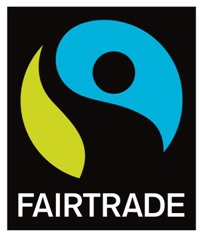 Fairtrade, with a focus on textiles and cotton farmers;
Fairtrade, with a focus on textiles and cotton farmers;
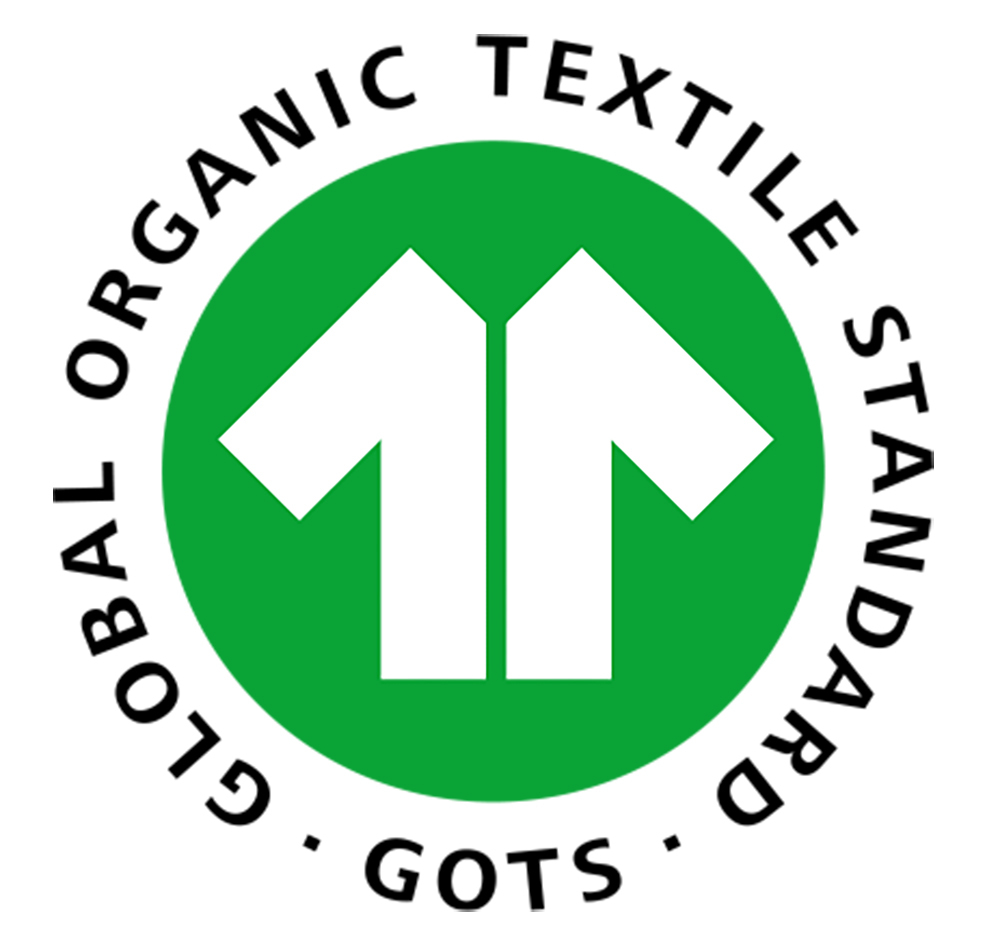 GOTS (Global Organic Textile Standard) looking at organic fibres.
GOTS (Global Organic Textile Standard) looking at organic fibres.
It will be interesting to see anything similar adopted by the clothing industry reaching the High Street and our favourite online retailers.
Here at Reddie & Grose, we have plenty of experience assisting with trade mark protection beyond the norm and so please do get in touch if you need any assistance.
This article is for general information only. Its content is not a statement of the law on any subject and does not constitute advice. Please contact Reddie & Grose LLP for advice before taking any action in reliance on it.


